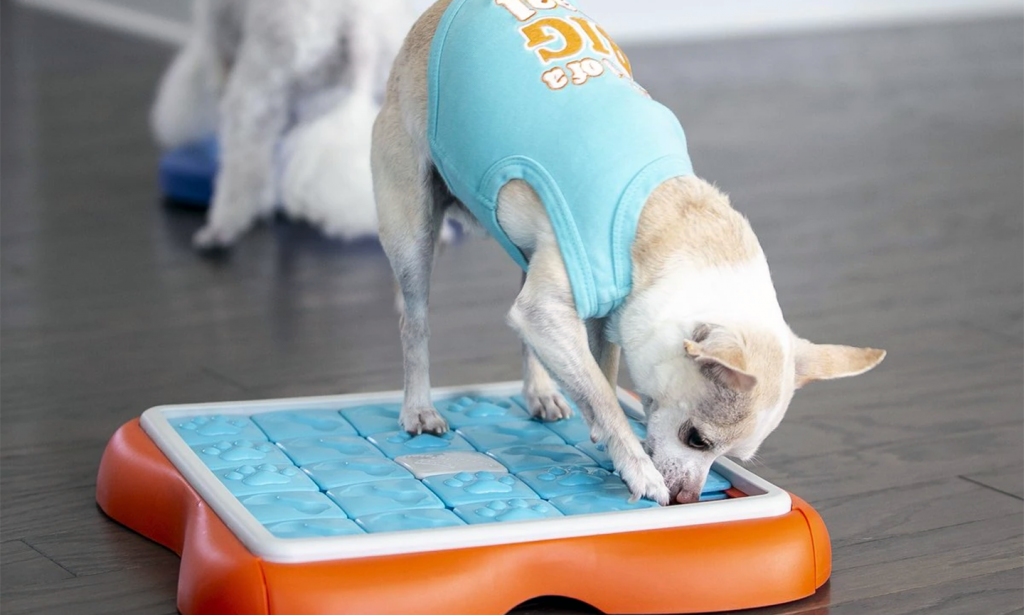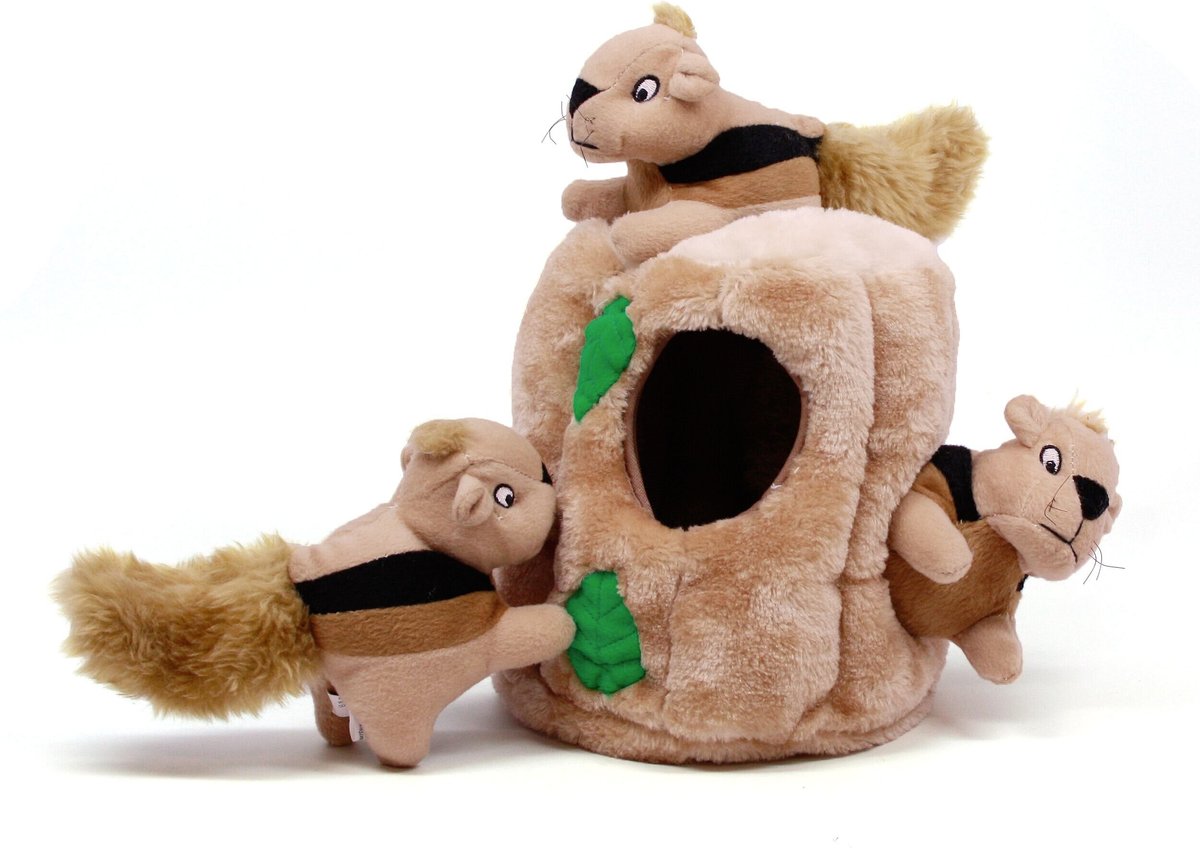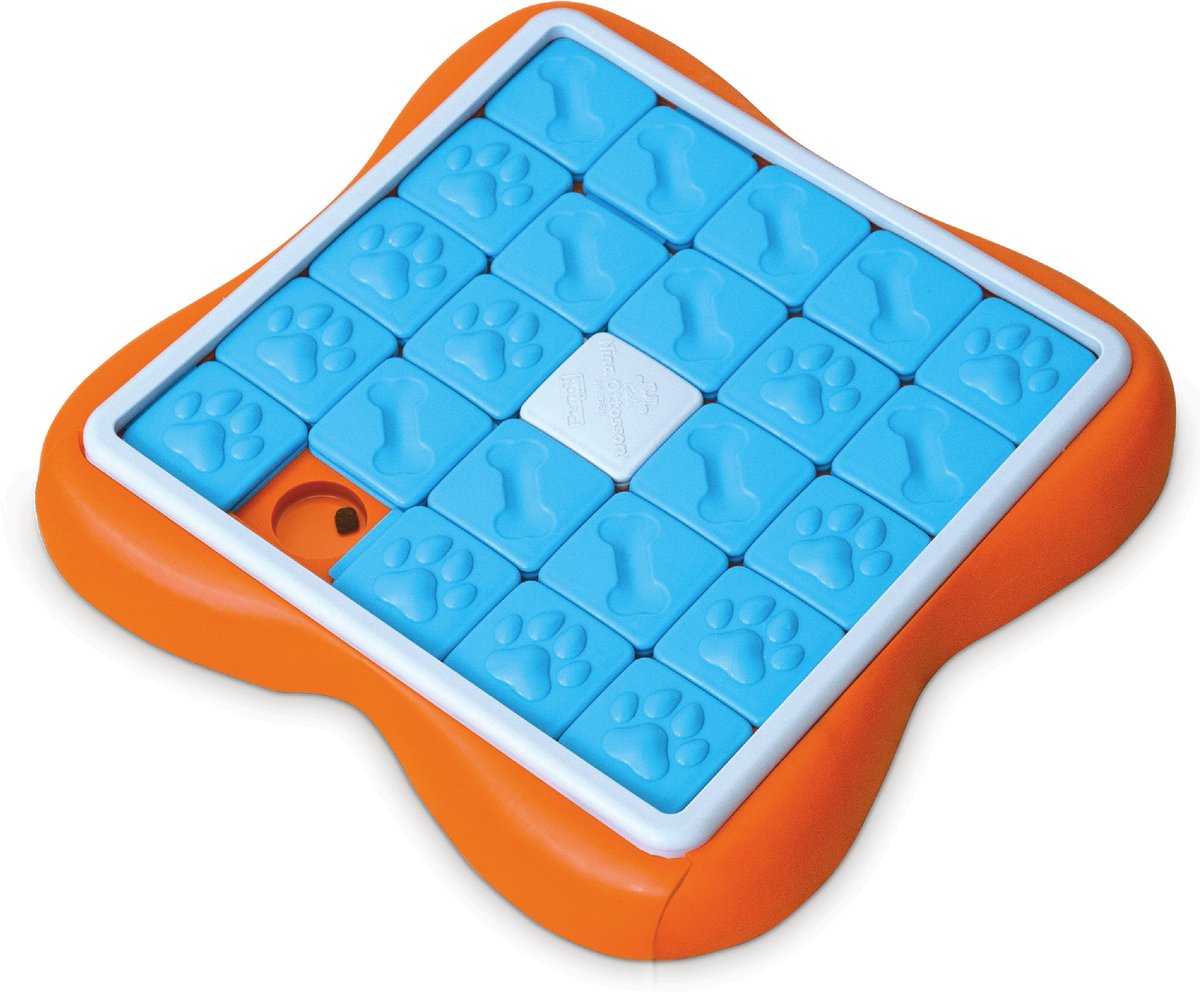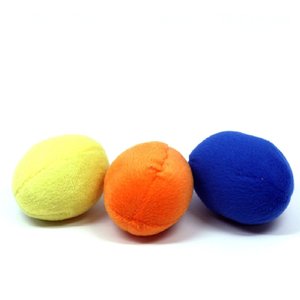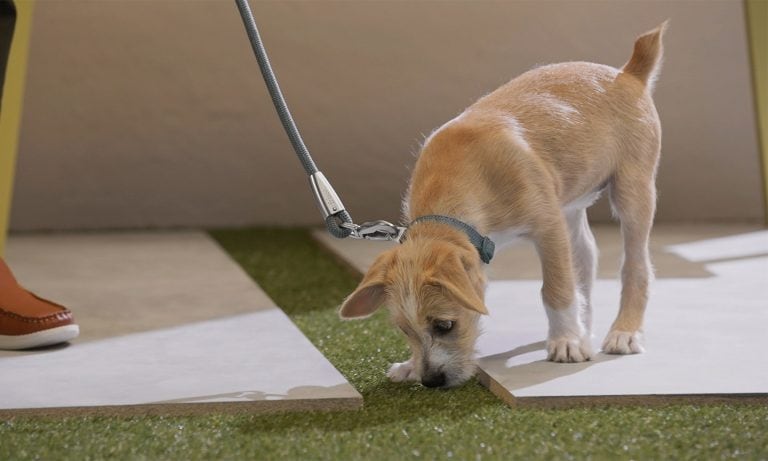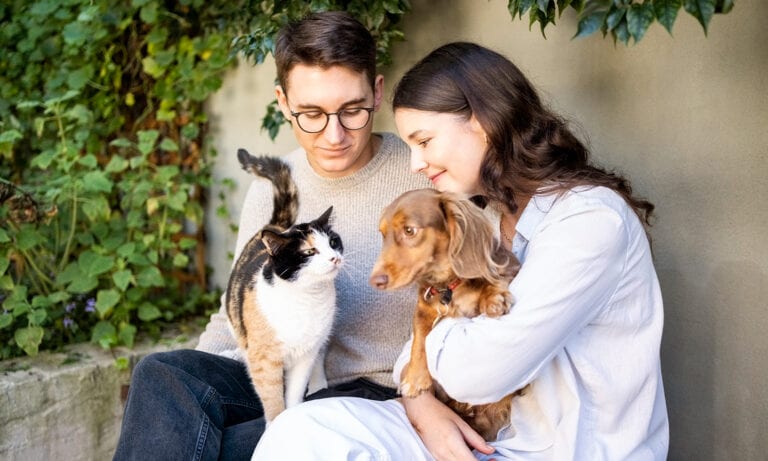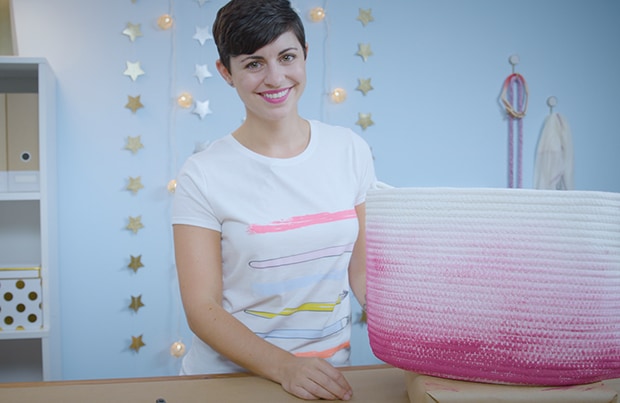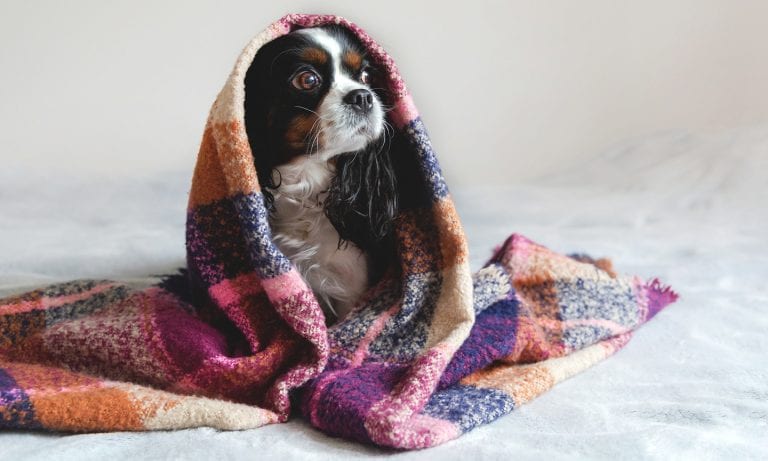What Are Dog Puzzle Toys?
How Do Puzzle Toys Benefit Dogs?
Many pet parents underestimate the importance of mental activation for dogs, either because they don’t have time for it or find it difficult to come up with ideas of how they can challenge their pup on a day-to-day basis.
Understanding the value behind dog puzzles and dog games can help your furry friend lead a happier and healthier lifestyle.
1Correcting behavioral issues
The biggest benefit behind dog puzzle toys is their ability to successfully cure boredom, which in turn helps tame dogs with abundant sources of energy and avoids the development of behavioral issues in your pup later on.
We asked Nina Ottosson, the designer and CEO of the Swedish-based puzzle toy line Outward Hound, to share with us her thoughts on giving interactive pet games and puzzles to dogs.
Her philosophy is that “dogs have four legs and one head, and all five need activity in different ways—every day.” By incorporating dog puzzles and dog games into your dog’s daily routine, “you can efficiently train your pup to behave, instead of letting her create her own fun,” explains Ottosson.
When dogs are bored, they become hyperactive and distracted, which manifests itself in bad behavior such as not listening, running around, chewing, barking, digging, etc. You can treat your pup to countless dog games of fun hide-and-seek with games such as the Outward Hound Hide a Squirrel Puzzle Dog Toy ($13+).
2Bonding with the pet parent
Your pup can use dog puzzle games not only for solo play but also to interact with their human and build a stronger relationship with them.
"The purpose of these puzzle games is to play together with the dog, so the owner can activate the dog in an easy and fun way at home," Ottosson explains.
This helps the parent and the dog bond and build a stronger relationship, which is rooted in successful training and obedience.
3Training
The benefit of using dog puzzle games to train dogs may seem obvious from the previously mentioned information, but the fact is that it is much easier to train a “tired dog” than it is to train a “bored dog.”
By this, Ottosson means that a dog who has had a decent load of mental activation from pet games is more susceptible to learning how to behave than a dog who can’t focus on anything.
How Can You Incorporate Puzzle Toys Into Your Dog’s Routine?
Though every dog has different needs for mental stimulation, Ottosson recommends your pup play at least 15 to 30 minutes a day with puzzle toys. An easy way to add this to your routine is to let your dog work for her food by hiding the treats in different puzzle toys and games.
The Nina Ottosson Outward Hound Challenge Slider Dog Toy, for example, requires your pup to think about how to slide the panels to expose treats or kibble. This helps keeps your dog engaged and mentally stimulated.
The beauty of dog puzzle games is they can be introduced to any dog no matter their age, physical activity level or health situation.
- For puppies, it is important to start with games that are simple, short and that require lots of interaction with the owner as well as positive feedback and praise.
- For senior or injured dogs, you can reduce the strain of games by letting them work with their nose as opposed to having to move around their paws. "It can be challenging to keep an injured dog still for several weeks, but the games are a great activity that lets the dog get an outlet of energy," Ottosson says.
More ways to stimulate mental activity:
Share:
